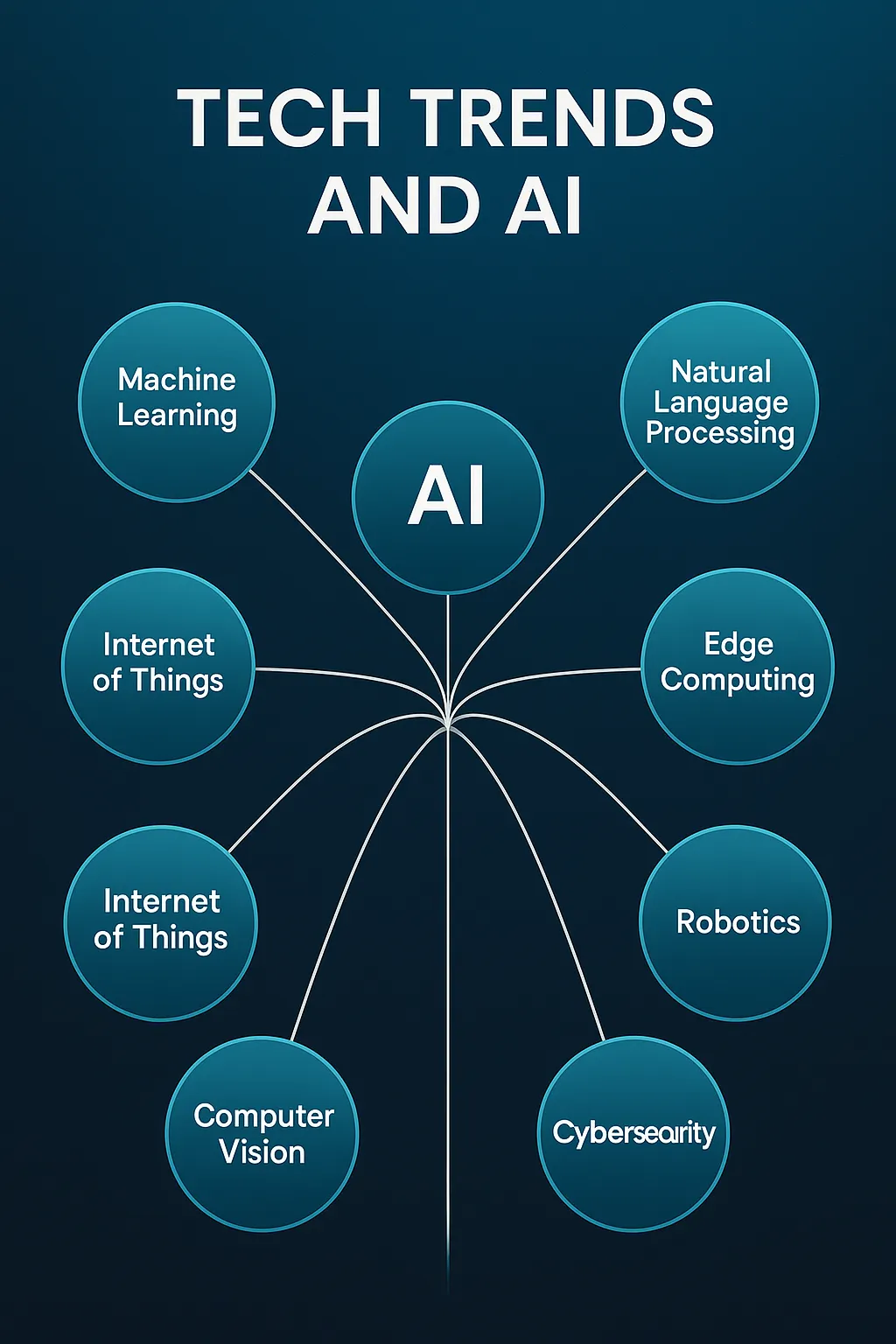How Does AI Change Tech Trends?

AI is influencing digital engineering in many ways. When it comes to code generation, the languages, frameworks, and SDKs with the largest presence in public repositories tend to see the best AI performance. In this case, the volume of training data truly matters.
Many once-popular niche technologies have faded into obscurity partly because they lacked versioned codebases. As version control systems became standard, technologies without enough historical code data struggled to remain relevant. A single snapshot of a codebase isn’t sufficient for training robust AI models—multiple versions are essential to help the model learn how code evolves over time. This also means that AI performs best in languages with large, active communities. As a result, replacing human expertise entirely is unlikely, given the diversity in coding styles and approaches.
Ironically, AI may slow innovation in emerging technologies. Since newer tools and frameworks often lack substantial code repositories, AI models can't offer the same level of support as they do for more established technologies. This can create a barrier to adoption for cutting-edge tools that don’t yet have broad usage or documentation.
Another growing concern—yet underappreciated—is security. AI is increasingly used to fix errors or auto-complete configurations, but this introduces risks. In coding, the biggest concern is usually around intellectual property. However, configurations often contain highly sensitive data if not properly handled through secure practices like environment variables. Items like usernames, passwords, API keys, environments, connection strings, and host details should never be blindly fed into AI tools. Even something like a POM.xml file in a Java project could expose vulnerabilities if it includes outdated or risky dependencies.
In short, AI has opened the door to faster and more efficient software development, but its effectiveness is still mostly limited to common, well-documented problems with established solutions. If a problem typically takes half an hour to research and understand, AI won’t magically solve it for you. But if it only takes a few minutes to find and read up on the issue, then AI may save you those minutes—helpful, yes, but not transformative.